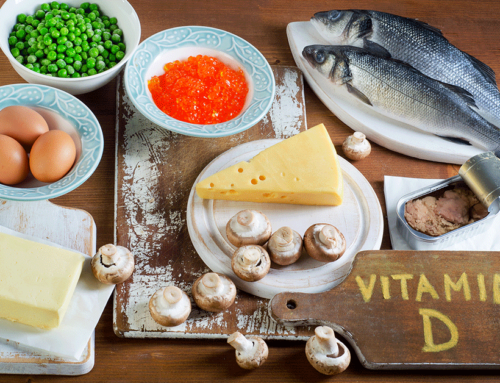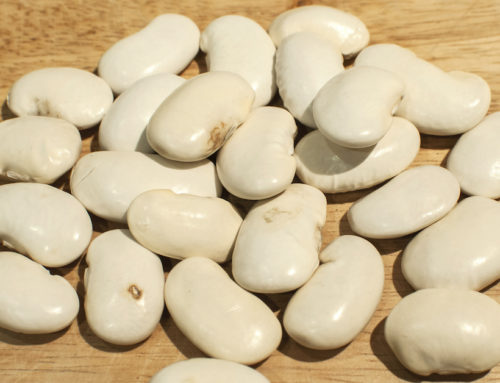If you’ve been indulging in sweet squash this winter, like acorn, butternut, or sugar pumpkin, you made a good choice for your overall health. You may even have reduced your risk of dementia.
Why? Because winter squash varieties are high in beta-carotene… and beta-carotene is a powerful nutrient that helps keep your brain sharp.
One of the largest studies to show the brain benefits of beta-carotene was the Physicians Health Study, conducted in two phases between 1982 and 2011.
The study showed that participants who regularly consumed beta-carotene for at least 15 years scored higher in cognitive functioning. Now 15 years may seem like a lot, but the study shows it’s well worth it. Long-term beta-carotene consumption can delay symptoms of cognitive aging by a year to a year-and-a-half.1
Or to put it another way, it can add a year-and-a-half to the life of your brain.
That’s a big deal. The reason is that people who show signs of cognitive aging have a greater risk of developing dementia.2 Where there’s smoke there’s fire. And studies show that even small delays in cognitive decline reduce the number of people who develop Alzheimer’s disease. For example, a one-year delay in developing dementia would mean 210,000 to 770,000 fewer people living with Alzheimer’s over the next 30 years.3
The Power Behind Beta-Carotene
Beta-carotene is known as a “provitamin.” That simply means your body can convert it into an active vitamin – in this case vitamin A.
Vitamin A is important for your vision and your immune system. It keeps your lungs, your heart and your kidneys working the way they should. For an added bonus, it also plays a big role in maintaining your looks by protecting your skin from becoming dry and flaky. It even helps maintain strong, healthy hair and nails.
You get vitamin A mostly from organ meats (such as liver and kidneys), dairy products and some fruits and vegetables.
So if vitamin A is so important, why not just take more of it? Why bother with beta-carotene at all?
You certainly can take vitamin A. But in its pure form, too much can be toxic.4 This particular nutrient is stored in your liver and fatty tissue until your body needs it. The problem is, your body doesn’t have a way of closing the door to the “vitamin A warehouse.” That means it will keep storing whatever you consume. Storing too much can become dangerous and lead to overdose.
The symptoms of vitamin A overdose include headache, nausea and vomiting. In extreme cases it can lead to death. This can only happen to people consuming massive amounts over a long period.
But if you get your vitamin A from beta-carotene, there’s no risk of getting too much. Your body only converts the beta-carotene into vitamin A if it needs it. And if it doesn’t need it, you still get beta-carotene’s powerful antioxidant benefits.
How Much Beta-Carotene Do You Need?
In the Physicians Health Study, participants took a 50 mg supplement of beta-carotene every other day. But I think it’s better to get nutrients from your diet. In fact, I don’t recommend a pill. With a little planning, you can get enough beta-carotene out of the 5-7 servings of fruits and vegetables you should be eating anyway.
A typical serving of cubed, cooked winter squash (about one cup) gives you more than 9 mg of beta-carotene. Sweet potatoes have even more… about 14 mg for one medium potato.
And with spring in the air, you’ll need to find other sources of beta-carotene if you prefer to eat your fruits and vegetables in season (which I recommend). Most red, yellow and orange produce has beta-carotene. Carrots are a great option… one cup cooked has 6.5 mg.
But many dark green vegetables are also full of beta-carotene. Keep these in mind for the warmer months ahead:
- Swiss chard (1 cup cooked) – 6.5 mg
- Collard greens (1 cup cooked) – 8.5 mg
- Spinach (1 cup cooked) – 11 mg
Other good sources include red, yellow and orange peppers, cantaloupe melon, romaine lettuce, and apricots. As you can see from this list, you shouldn’t need a beta-carotene pill if your diet comes even close to being healthy.







